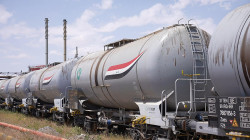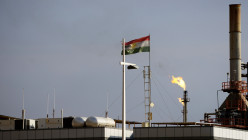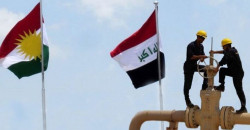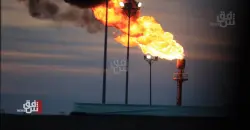APIKUR urges swift resolution to resume oil exports via Ceyhan Pipeline
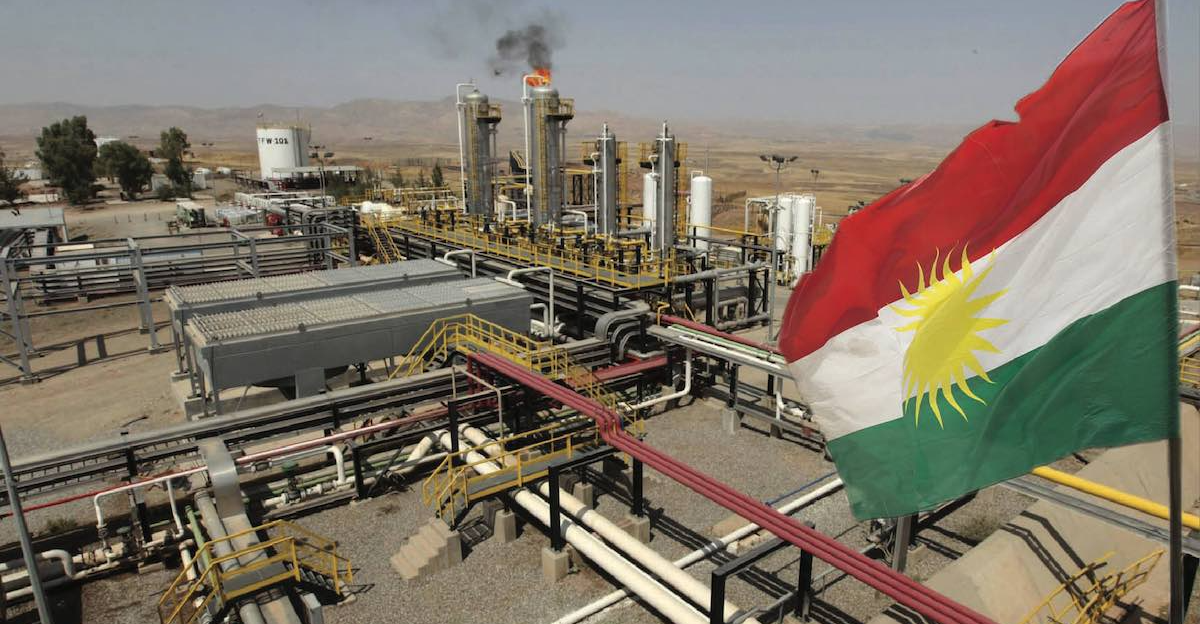
Shafaq News/ The Association of the Petroleum Industry of Kurdistan (APIKUR) has called for renewed efforts to finalize agreements necessary for restarting oil exports through the Iraq-Turkiye Pipeline (ITP), emphasizing the need for payment assurances and adherence to existing contracts.
In a statement, APIKUR said its member companies “remain prepared to immediately resume exports as soon as formal agreements are reached to provide surety of payment for past and future exports,” in line with each International Oil Company's (IOC) contractual terms.
Despite recent meetings between APIKUR representatives and officials from Iraq’s federal government and the Kurdistan Regional Government (KRG), no agreements have yet been reached, the group added.
Press Release: @apikur_oil calls for redoubling of efforts to reach the agreements required to resume oil exports via Iraq-Türkiye pipeline. The Govt of Iraq continues to publicly express the importance of oil exports through the ITP but engagements thus far have been limited… pic.twitter.com/Q4usqSWBeh
— APIKUR (@apikur_oil) April 27, 2025
Negotiations to resume exports through the ITP, also known as the Ceyhan Pipeline, have dragged on for months. Talks have centered on complex financial disputes, including nearly $1 billion in payment arrears owed to international oil companies.
The Iraqi Oil Ministry has proposed appointing an independent consultant to assess production and transportation costs, but APIKUR has voiced concerns that such measures could undermine existing contracts and create further uncertainty over payments.
Baghdad and Erbil have long been at odds over control of oil revenues. The Kurdistan Region began independently exporting crude through Ceyhan in 2014, a move Baghdad condemned as illegal and challenged at the International Court of Arbitration. In March 2023, Iraq suspended flows through the pipeline after the court ruled in its favor, intensifying pressure to find a new revenue-sharing arrangement.
In recent months, Iraqi officials have signaled readiness to restart exports, announcing procedural steps to resume flows and expressing willingness to export up to 185,000 barrels per day.
Turkiye, for its part, has urged that the pipeline operate at full capacity once exports resume, citing its importance for regional energy security. However, negotiations have been repeatedly stalled by disputes over financial guarantees and arrears payments.
The Iraqi Oil Ministry has called for renewed talks with the KRG to resolve remaining issues, but APIKUR warned that progress remains limited. The association urged all parties to “redouble efforts to find mutually beneficial solutions” and stressed that securing certainty for payments is key to restoring the pipeline’s operations.
